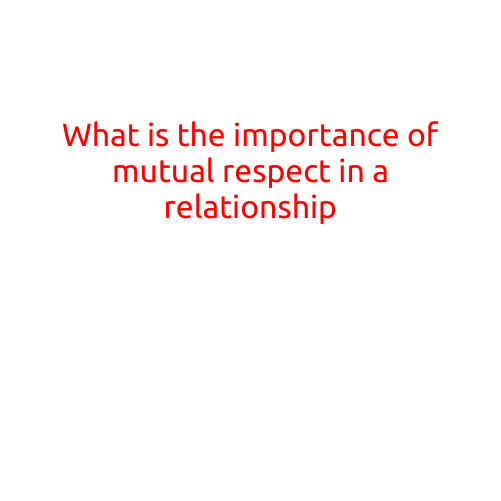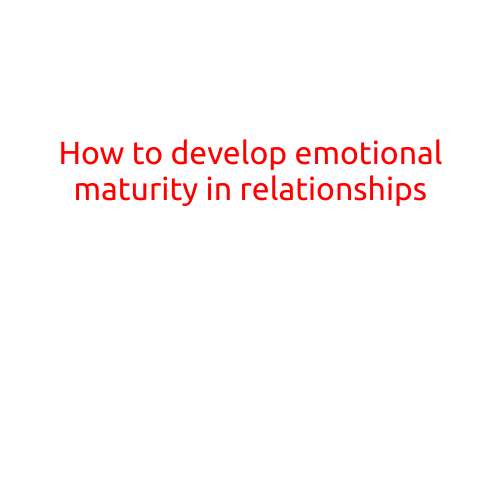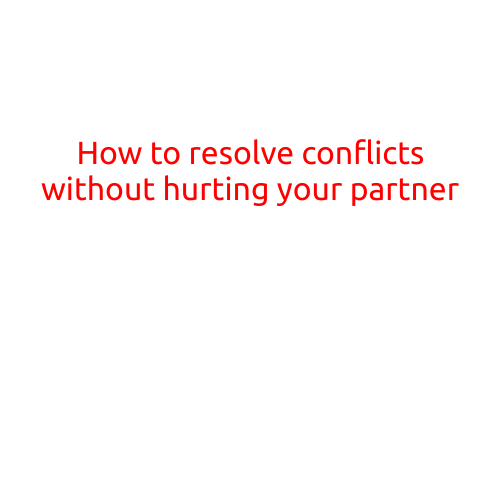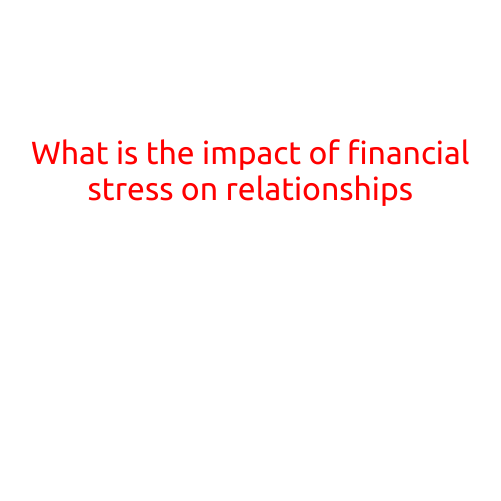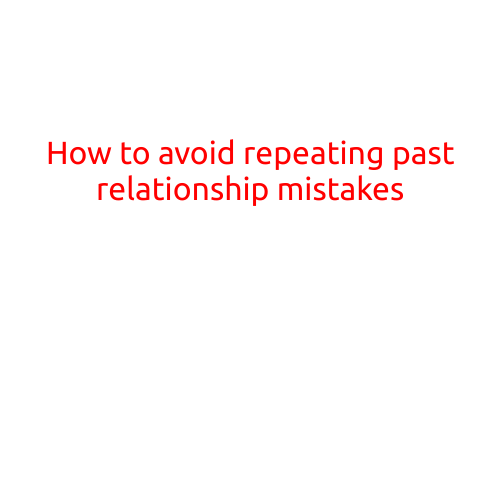
How to Avoid Repeating Past Relationship Mistakes
Are you tired of finding yourself stuck in a pattern of repeating past relationship mistakes? Whether you’ve been through a string of short-lived relationships, a series of unhealthy partnerships, or a history of attracting narcissists, it’s time to break free from the cycle and learn how to form healthier connections. In this article, we’ll explore the common mistakes people make in relationships and provide practical tips on how to avoid them in the future.
Common Relationship Mistakes
Before we dive into the solutions, let’s identify the common mistakes people make in relationships that can lead to repetition:
- Lack of self-awareness: Not recognizing our own emotions, needs, and boundaries can lead to blaming others and ignoring our own issues.
- Poor communication: Avoiding tough conversations, assuming others will understand us, or not asserting ourselves can create misunderstandings and resentment.
- Unrealistic expectations: Having unrealistic hopes for the other person or the relationship can lead to disappointment and frustration.
- Fear of confrontation: Avoiding conflicts and disagreements can allow issues to simmer beneath the surface, causing them to escalate and potentially ending the relationship.
- Insecure attachment styles: Unhealthy attachment patterns, such as codependency or avoiding intimacy, can recreate patterns from our childhood or previous relationships.
- Not prioritizing own desires: Sacrificing one’s own needs and desires for the sake of the relationship can lead to resentment, burnout, and eventually, the end of the relationship.
How to Avoid Repeating Past Relationship Mistakes
Now that we’ve identified the common mistakes, let’s focus on how to avoid them:
- Practice self-reflection and self-awareness: Take time to understand your emotions, needs, and boundaries. Be honest with yourself about your motivations and actions in relationships.
- Develop effective communication skills: Learn to express yourself assertively, listen actively, and clarify expectations with your partner.
- Set realistic expectations: Understand that no one is perfect, and relationships require compromise and work. Set achievable goals and be patient with each other.
- Confront conflicts in a healthy way: Address issues promptly, listen to each other’s perspectives, and work together to find mutually beneficial solutions.
- Work on insecure attachment styles: Seek therapy or counseling to address past trauma and develop a healthy attachment style. Practice self-soothing and self-compassion.
- Prioritize your own desires and needs: Remember that your happiness and fulfillment are essential to a healthy relationship. Communicate your needs and desires to your partner, and be willing to compromise.
Additional Tips
- Take time to heal: If you’ve experienced a painful breakup or trauma, take time to process your emotions and heal before jumping into a new relationship.
- Seek support: Surround yourself with supportive friends, family, or a therapist who can help you navigate relationship challenges.
- Focus on personal growth: Work on developing your emotional intelligence, self-awareness, and conflict resolution skills to become a better partner.
- Be patient: Building a healthy relationship takes time, effort, and commitment. Don’t rush into anything that feels off or uncomfortable.
Conclusion
Repeating past relationship mistakes is a common phenomenon, but it’s not inevitable. By recognizing the common mistakes, practicing self-awareness, effective communication, and prioritizing your own needs, you can break free from the cycle and form healthier connections in the future. Remember to take time to heal, seek support, focus on personal growth, and be patient. With time, effort, and commitment, you can find a relationship that is fulfilling, loving, and sustainable.
